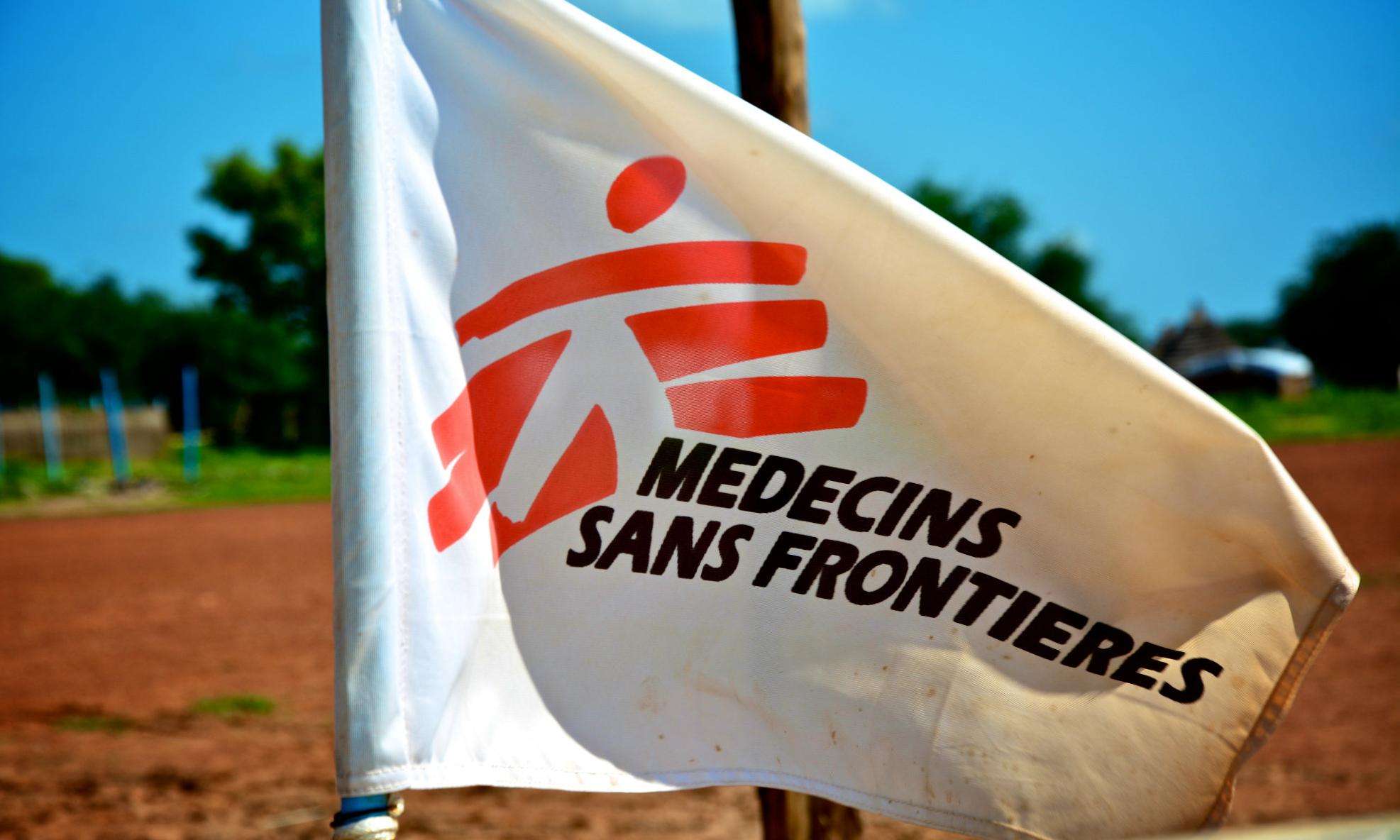New York, April 27, 2006 – Abbott Laboratories is failing to make an important new AIDS drug formulation available to people in developing countries, according to the international medical humanitarian organization Doctors Without Borders/Médecins Sans Frontières (MSF). MSF urges the Chicago-based drug company to take immediate steps to make the heat-stable tablet version of lopinavir/ritonavir, marketed as Kaletra, available outside of the United States. MSF also calls on Abbott to fill an order for the medicine for 400 MSF patients in nine countries that the organization placed over one month ago on March 15, 2006.
Lopinavir/ritonavir is a boosted protease-inhibitor and a crucial component of antiretroviral (ARV) therapy for patients that need to be switched to "second-line" treatment regimens after resistance naturally develops to a first combination of medicines. The new formulation is heat stable, making it well-suited for developing countries where refrigeration is not readily available. World Health Organization experts recommend the drug for use in second-line AIDS treatment in developing countries and the US Food and Drug Administration approved it in October 2005.
"In resource-poor countries where refrigerators are a luxury, the new heat-stable formulation of lopinavir/ritonavir is urgently needed by patients switching to second-line AIDS treatment," said Dr. Rowan Gillies, International President of MSF. "How can Abbott continue to drag its feet in filing for registration in most African countries? They hold the patent which gives them a monopoly on the drug until a generic version is available, but they have not even confirmed our order for 400 patients. Are they content to allow patients in developing countries to wait indefinitely?"
HIV/AIDS researchers and clinicians, investor groups, treatment advocates, and policy-makers from around the world co-signed a letter with MSF on April 5 to Abbott's CEO calling for the company to take immediate steps to make heat-stable lopinavir/ritonavir available to patients in developing countries.
Although Abbott has announced that it would charge $500 per patient per year for the new lopinavir/ritonavir in African and least-developed countries, no one can buy the medicine yet because the company has not taken steps to make it available in any of these countries except South Africa. In addition, they have not published a price for middle-income countries such as Thailand.
"We see this again and again: drug companies make an announcement about a special price but don't register the drug in eligible countries, so the price remains virtual and the announcement is meaningless for patients in need of these medicines," said Dr. Gillies.
The current inability to procure heat-stable lopinavir/ritonavir underscores the ongoing challenge of access to medicines in developing countries. Generic competition has led to the dramatic decrease in price and increase in availability of first-generation ARV medicines. The price of newer drugs, however, which are likely to be patented, remains much higher. The case of the new formulation of lopinavir/ritonavir which costs as much as $10,000 per patient per year in the United States — the only place it is currently available — illustrates the danger of having only one source for a life-prolonging medicine. If access to needed drugs depends on the marketing policies of pharmaceutical companies, then the lives of millions of people with HIV/AIDS remain at risk.






